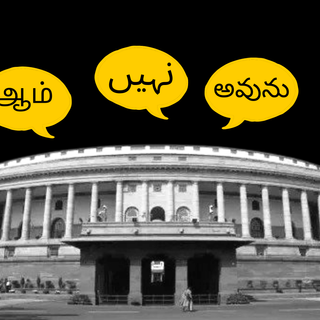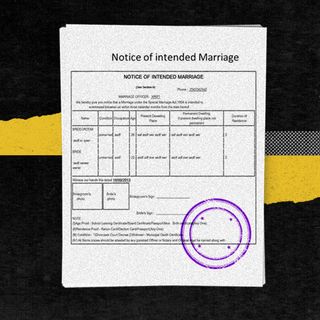Acts of sexual harassment perpetrated by an individual on someone of the same gender are covered under India’s anti-sexual harassment legislation, the Calcutta High Court held in a landmark judgment.
In this case, the petitioner had alleged that the Internal Complaints Committee (ICC) did not have jurisdiction to entertain the allegation of sexual harassment since the complainant, as well as the accused (petitioner), were of the same gender — and so, fell outside the purview of the Sexual Harassment of Women at Workplace (Prevention, Prohibition and Redressal) Act, 2013 (the POSH Act).
Noting that “there is nothing in Section 9 of the 2013 [POSH] Act to preclude a same-gender complaint,” Justice Sabyasachi Bhattacharyya, who heard the matter, held that: “A person of any gender may feel threatened and sexually harassed when her/his modesty or dignity as a member of the said gender is offended by [acts of sexual harassment] irrespective of the sexuality and gender of the perpetrator of the act.”
The POSH Act has been criticized for not being gender-neutral in the past, and precluding the possibility of people from the LGBTQ+ community being sexually harassed at the workplace. Due to the statute’s gender-specificity, men aren’t entitled to file a complaint under it at all — forcing them to rely solely on company policies, which may or may not prohibit harassment of any nature, for justice.
Related on The Swaddle:
It’s Time To Make Rape Laws Gender Neutral
However, accusations of harassment by women, against women, have been a part of public discourse — for instance, when Kaneez Surkha accused fellow-comedian Aditi Mittal of forcibly kissing her on stage. But in a hetero-normative society with a non-gender-neutral law on sexual harassment, women are rarely — if ever — the accused.
Nonetheless, it appears that the Indian justice system is beginning to break away from the hetero-normative narrative. “Although it might seem a bit odd at the first blush that people of the same gender complain of sexual harassment against each other, it is not improbable, particularly in the context of the dynamic mode which the Indian society is adopting currently, even debating the issue as to whether same-gender marriages may be legalized,” Justice Bhattacharyya noted in his judgment.
This judgment by the Calcutta HC might also go a long away in broadening the scope of the POSH Act, which has been criticized for failing 94% of India’s working women in the past.
While we may still be far away from gender-neutral laws on both sexual harassment and assault, a state high court holding that “acts [of sexual harassment] can be perpetrated by the members of any gender, even inter se (between or among themselves)” denotes progress.




